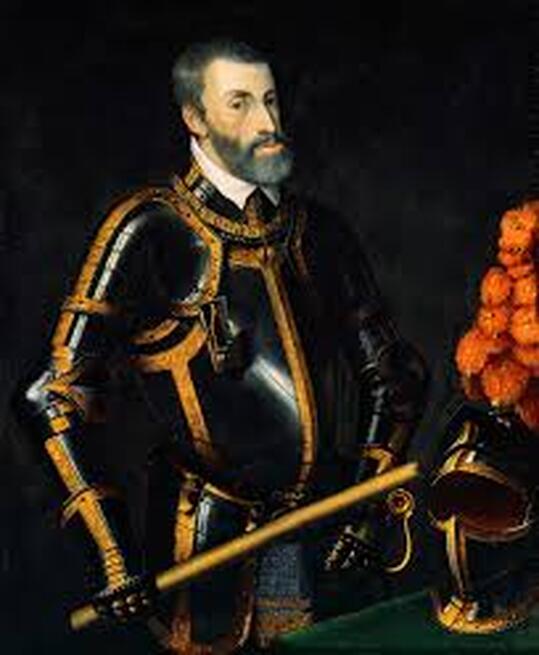Henry VIII, the Reign
Part Twelve
The Mythical Amicable Grant
The Mythical Amicable Grant
 Catherine of Aragon's nephew, King of Spain and Holy Roman Emperor Charles V
Catherine of Aragon's nephew, King of Spain and Holy Roman Emperor Charles V
|
Henry VIII, the Reign.
|
Henry VIII, the Reign.
|